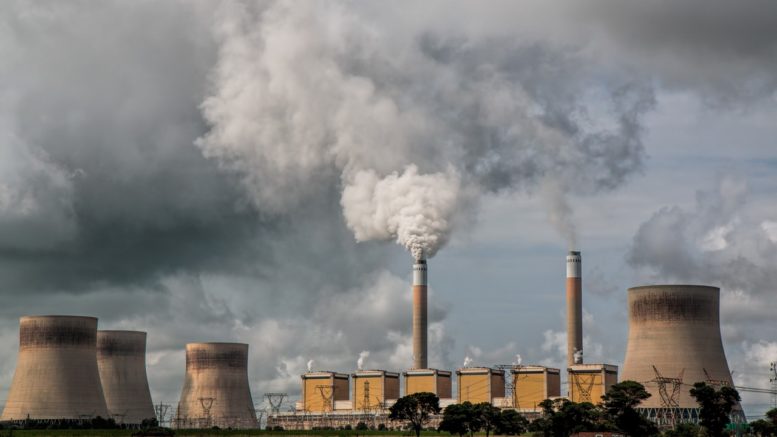Property values are delicate and can change drastically overnight. The price of your home and the land it stands on is susceptible to multiple factors. These include the level of crime in your neighborhood and how easy is it to travel from your property to the nearest commercial center. Even the state of the property next door can affect its value.
It shouldn’t be so surprising that the environment affects it as well. The quality of the air, the water, and the presence of trees could influence many things regarding your real estate decision. How high should the price be on the listing? Should you contact a firm specializing in property tax grievances? Can you even sell the property at all? The state of the environment can affect all of these.
Air and Your Property Values
Industrial plants are important cornerstones of the economy. They provide jobs to surrounding communities as well as manufacture essential goods. However, their mere presence can lead to drastic declines in the value of nearby properties.
A study in the United States investigated the effects of 1,600 industrial plants in the country. The researchers discovered that the opening of a new industrial plant can plummet housing values within a half-mile by as much as 11 percent. This represents a loss of approximately $4.45 million, a staggering amount if you’re looking to relocate.
The drop in property value has been associated with the chemical fumes such industrial plants spew into the air. These particulates and chemicals pollute the air, and the same study found that within a mile of these plants, cases of low birthweights for newborns went up by 3 percent.
Water in the Well
 You may think that moving to pasture or sprawling farmland is a good idea, considering it will get you away from toxic-spewing industrial plants. However, homes near farms and similar areas face a different problem: agricultural run-off.
You may think that moving to pasture or sprawling farmland is a good idea, considering it will get you away from toxic-spewing industrial plants. However, homes near farms and similar areas face a different problem: agricultural run-off.
The effects of wastewater and chemicals leaching into the groundwater of homes surrounding agricultural land has been under investigation for years. Nitrogen-rich fertilizers and the effluvia associated with hordes of cattle and other farm animals are just a few of the major water contaminants that could leak into the water.
The Environmental Protection Agency discovered that when these chemicals are present in the groundwater, homes and surrounding properties can depreciate between 2 and 6 percent. However, the more contaminated the water, the more intense the depreciation. High concentrations of nitrogen contaminants can remove as much as 15 percent of your property’s value.
Take a Stand
As a homeowner, what can you do to ensure that the value of your property doesn’t plummet? You can stand up for the environment and protect not just your residential value but also your health and your future.
You could support initiatives to regulate pollutants that befoul the air and water around your community. Such efforts dampen the worst of the pollution and help your property recover its value over time.
But the most important thing to do is to speak up. If you notice that the smog in your neighborhood is getting worse or the water from your wells and pipes are no longer pristine, raise your voice. Doing so will be an investment in your future and that of the planet.
